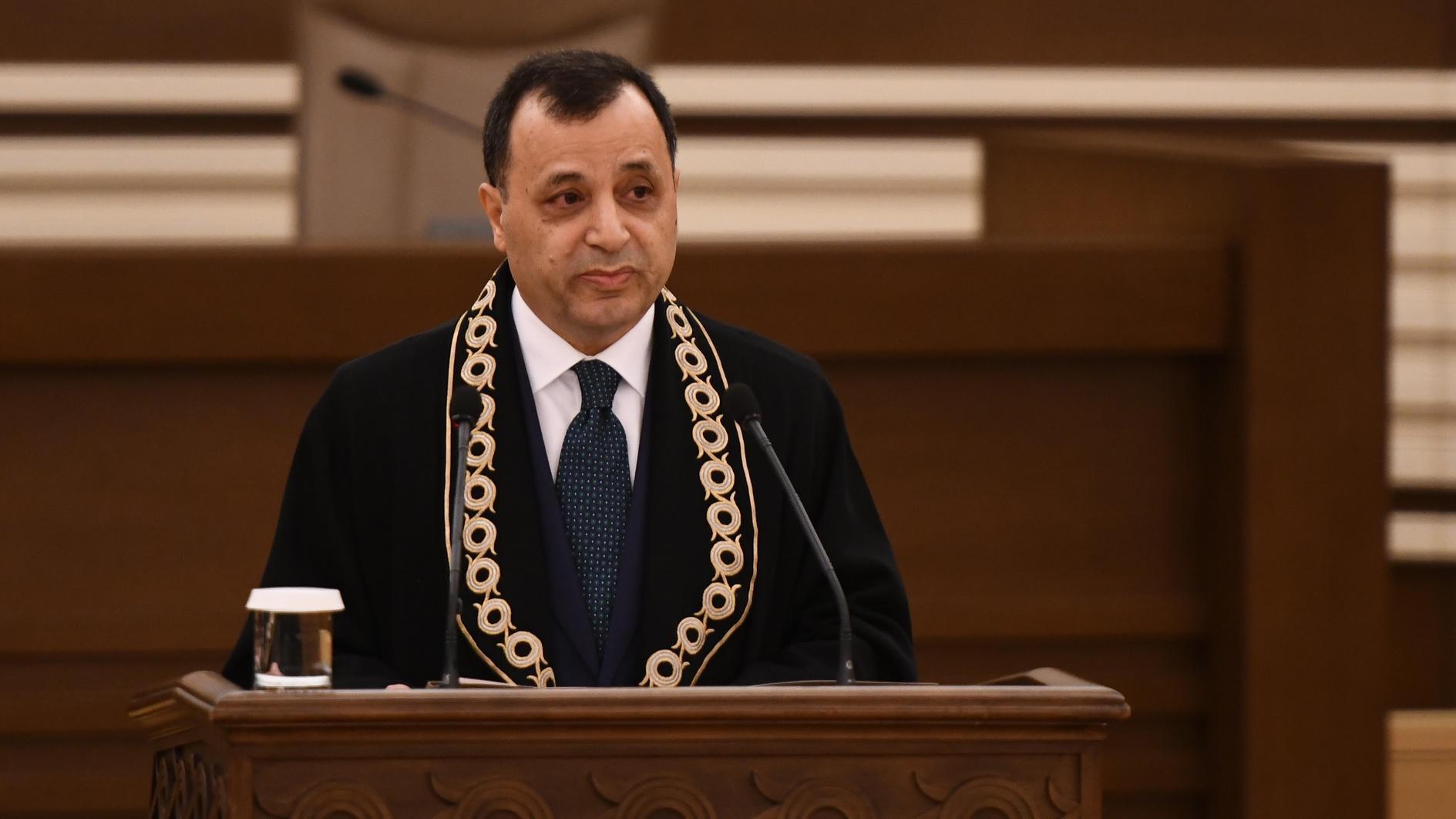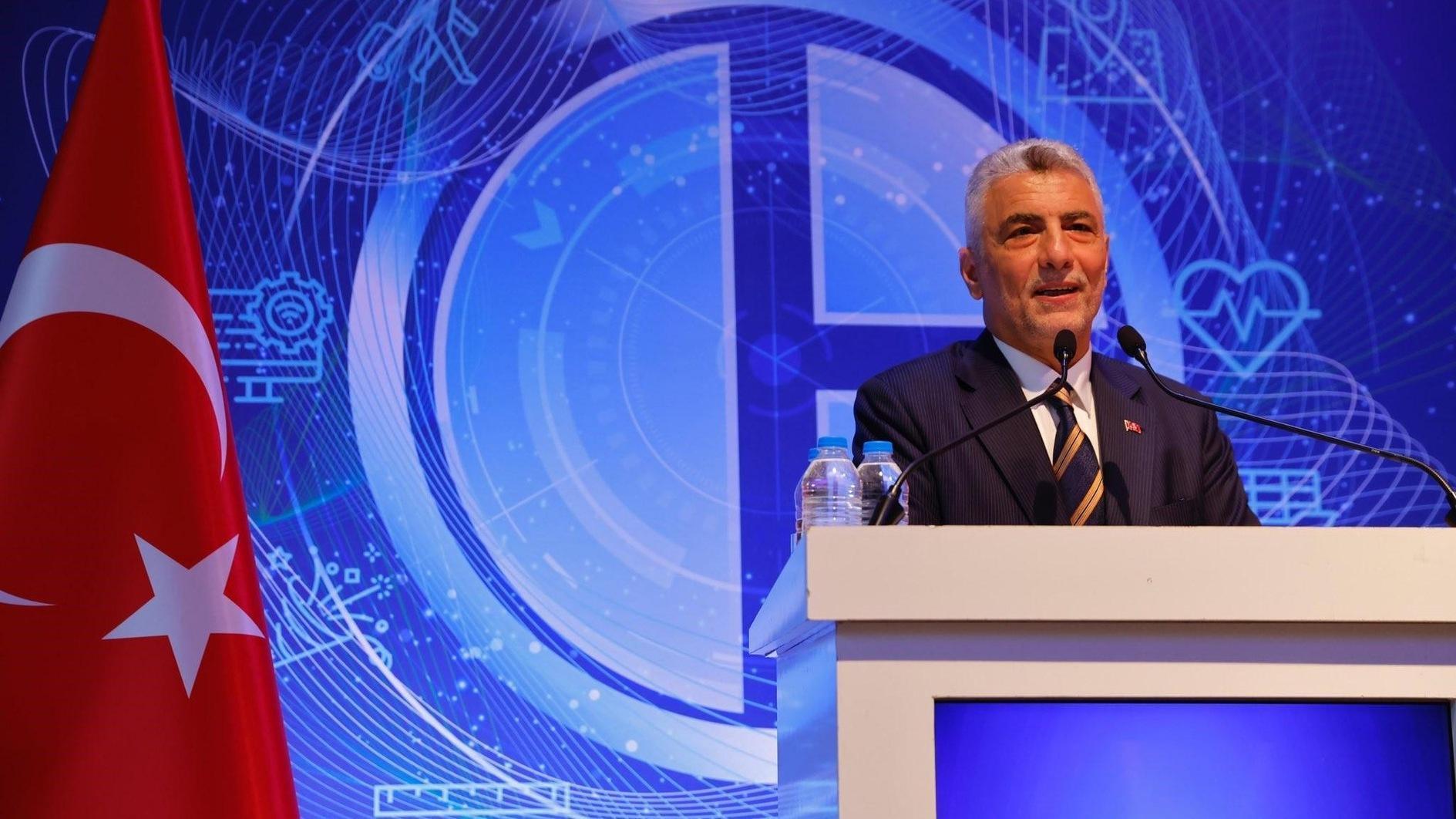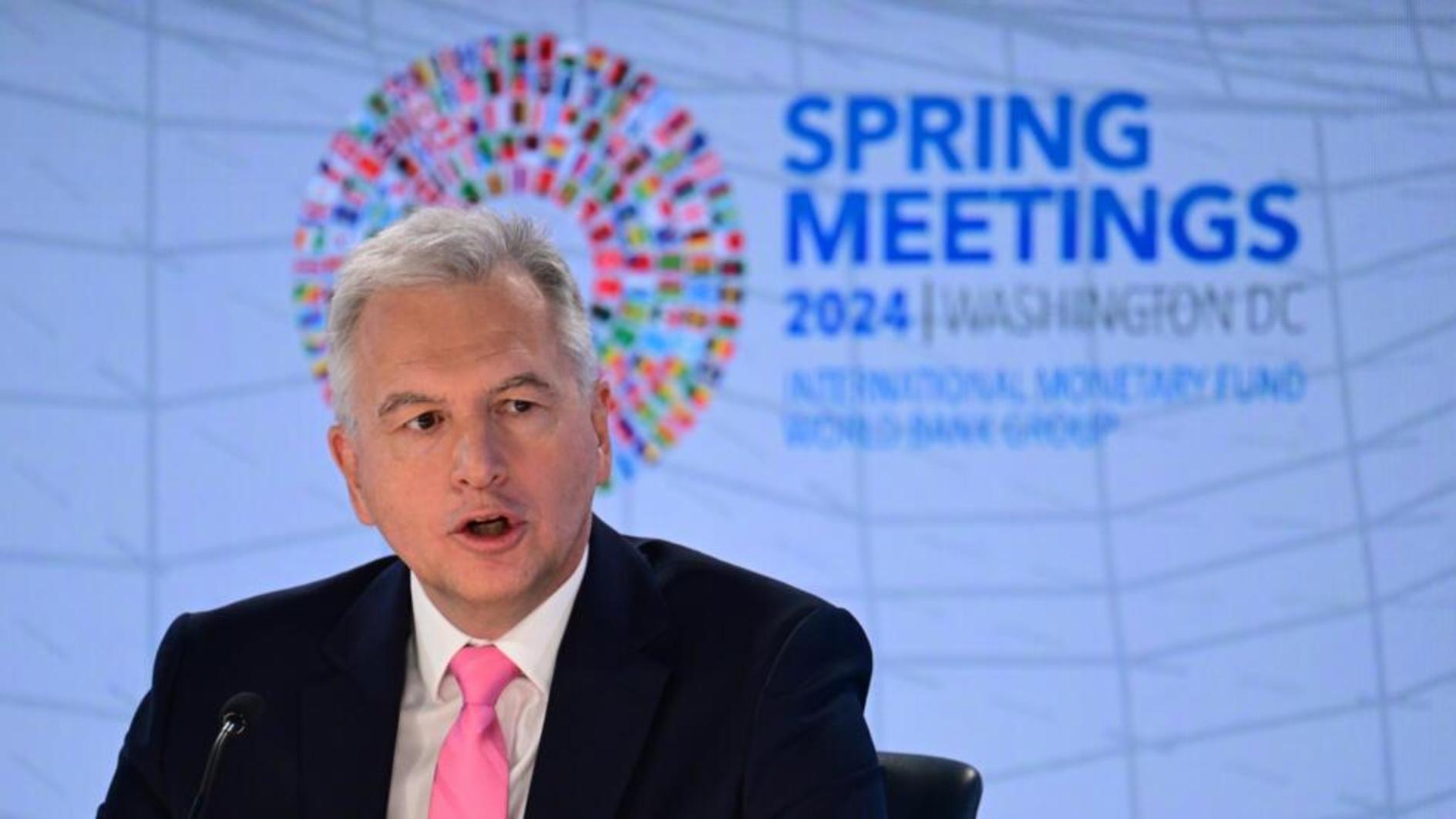This is the 'New Turkey'
Watching Tuesday’s swearing-in ceremony for newly elected deputies, one could not help thinking that this is a parliament which truly represents the “New Turkey,” and not the one the Justice and Development Party (AKP) talked about when it held the parliamentary majority and called the shots.
Outsiders who know Turkey well will, no doubt, have noted the somewhat wondrous turn of events that put Deniz Baykal, the Republican Peoples Party’s (CHP) former leader of many years, in the position of presiding over the ceremony in his capacity as the oldest deputy in parliament.
What made the image even more wondrously interesting was that Dilek Ocalan, the newly elected deputy from the pro-Kurdish Peoples’ Democratic Party (HDP) - who is the niece of Abdullah Ocalan, the jailed leader of the outlawed Kurdistan Workers Party (PKK) –acted as one of Baykal’s assistants as he presided over the ceremony.
This alone appears to be enough to show that Turkey will continue to defy preconceptions and surprise many when least expected. Tuesday’s ceremony was, generally speaking, a joyous affair for most and even the usually morose President Recep Tayyip Erdogan was caught smiling by photographers.
The imagery of the ceremony aside, though, what is significant is that we have a parliament now, hung as it may be, which represents a much broader spectrum of society in Turkey, from Turks and Kurds, to members of the Armenian and Roma minorities, all with different beliefs and political orientations.
One thing the AKP inadvertently achieved over the past 13 years was to break the notion that we are a homogeneous nation, made up of secular citizens with a singular outlook on life. It did this by lifting the restrictions on the way religious Muslims exercised their faith, which also paved the way to revealing just how heterogeneous a society we are in term of ethnicity, religiosity, lifestyles and political beliefs.
There are other subtle factors that can’t be overlooked. For example, this is a majority Turkish parliament but with a very large Kurdish component, and we are not just referring to the 80 deputies the HDP managed to produce. Given the way social groups have merged in Turkey, there are a considerable number of deputies of Kurdish origin distributed among other parties.
By the same token, not all devout Muslims are in the AKP, which now also has Christian deputies, while all ultranationalists are not just in the Nationalist Movement Party (MHP). It is always good to note, of course, what we really are as a country, but this does not make the job of the new parliament any easier, given the acrimonious political rivalries we are used to in Turkey.
What this complex “mosaic” underlines is that if we are to have domestic peace and stability in this country, it will only come about as a result of a pluralistic democracy that respects the rights of everyone, regardless of language, creed, ethnicity and belief.
This will clearly not come about if one group tries to impose its political, ideological or religious outlook on the rest by using its ballot box victory in total disregard of pluralism. There is also the fact that while diversity is good and can produce dynamism in a country, it can also contribute to the deepening of divisions if the elected representatives of such diverse societies cannot muster enough wisdom to make a country where no one feels discriminated against.
The most important part of the oath taken by deputies was when they swore “on their honor” to respect everyone’s beliefs, human rights and basic freedoms. They will have an opportunity to prove how sincere they are in this regard when the hard bargaining for the new coalition government begins in earnest next week.











